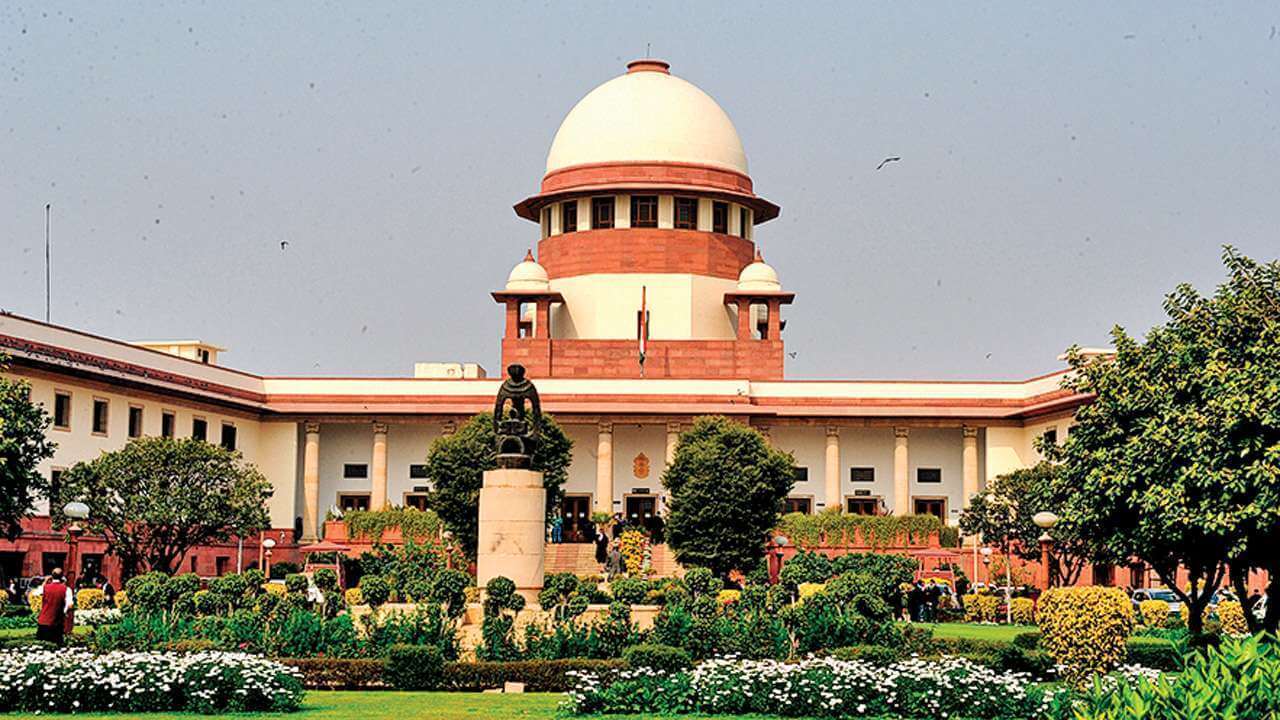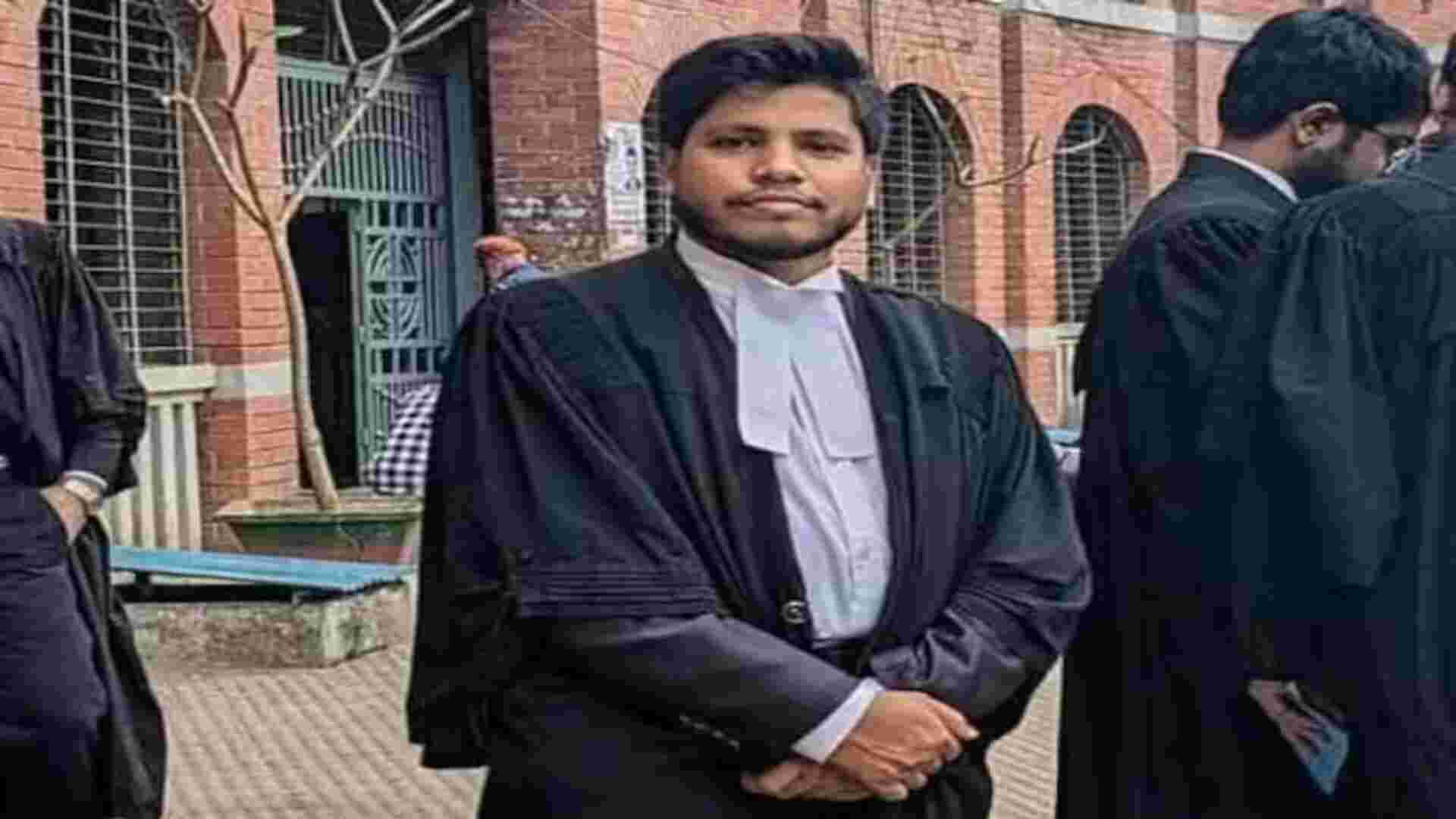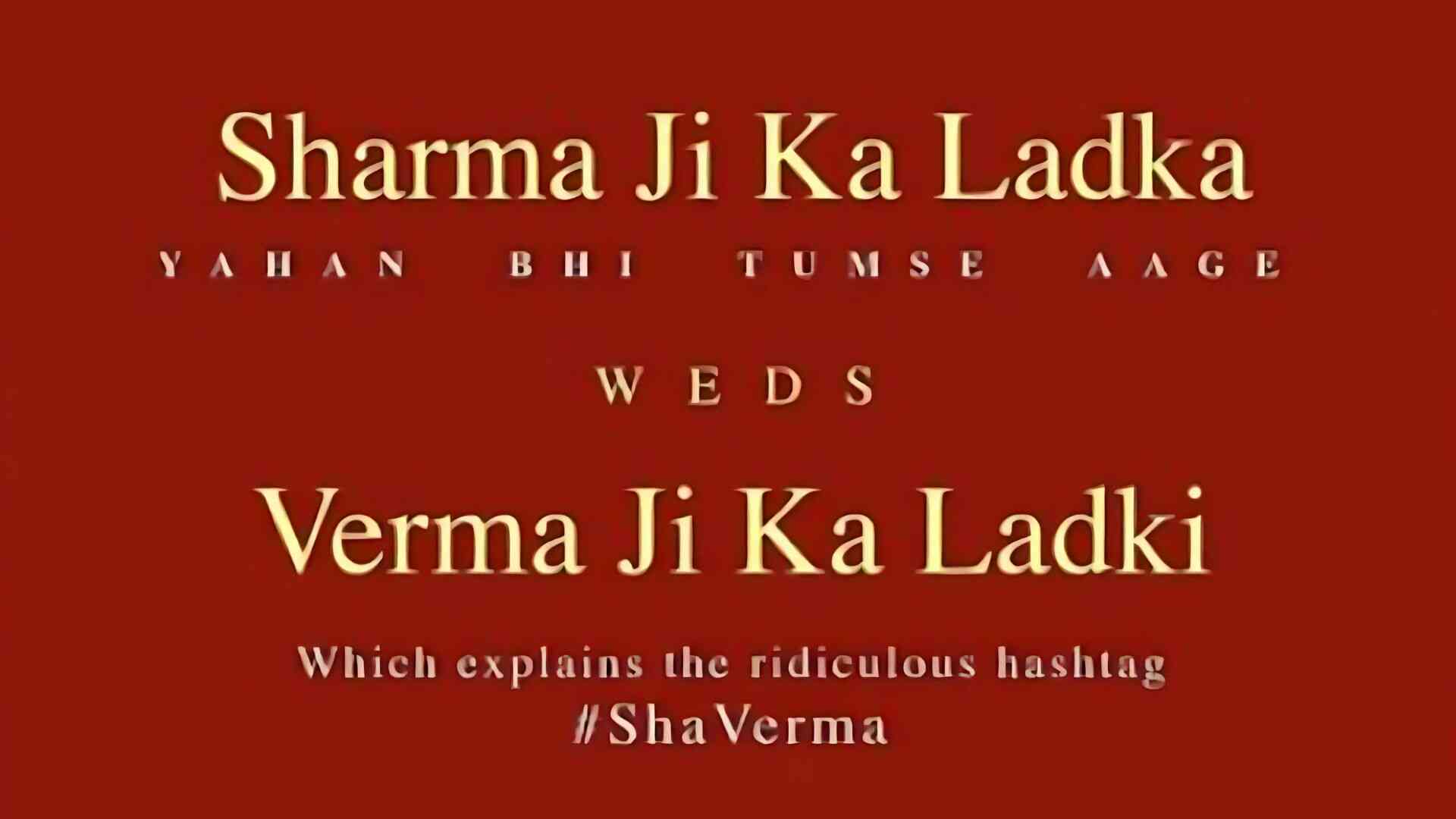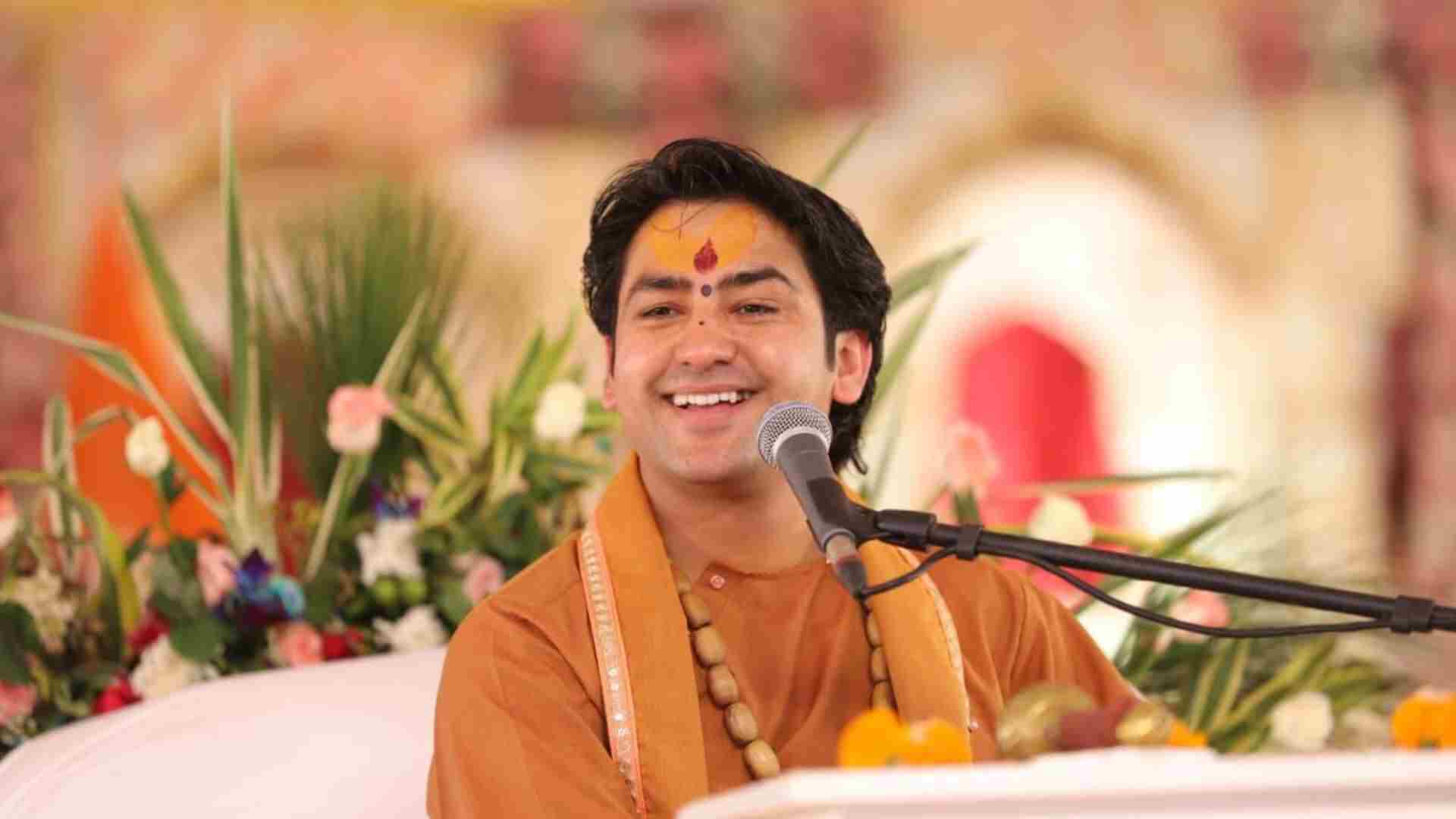
The Supreme Court in the case L/Nk Gursewak Singh vs Union of India observed and has stated that the term ‘cruel’ in exception 4 to Section 300 of the Indian Penal Code, 1860 is the relative term.
The bench comprising of Justice Abhay S. Oka and Justice Sanjay Karol in the case observed and has stated that exception 4 applies when a man kills another and by the ordinary standards, this itself is a cruel act. If this court assigns a meaning to the word ‘cruel’ used in exception which is used in common parlance, in no case exception 4 can be applied.
In the present case, the accused who being in Indian Army was being convicted by the Court Martial for the offences which are punishable under Section 302 of the Indian Penal Code, 1860 reading with Section 69 of the Army Act, 1950. In this appeal before the Apex Court, it has been contended by the accused that the case of him will be governed by exception 4 to Section 300 of Indian Penal Code, 1860 as the incident was an outcome of a sudden fight and he acted in a heat of passion.
On the other hand, it has been contended by the Union of India that the exception 4 to Section 300 will not apply in this case, as it cannot be said that there was a sudden fight and that the accused acted in a cruel manner.
The court while considering the facts and circumstances observed that the appellant cannot be said to have acted in such a cruel manner which will deprive him of the benefit of exception 4 to Section 300 of Indian Penal Code, 1860. This court is of the view that exception 4 to Section 300 was applicable in this case. Therefore, the appellant is guilty of culpable homicide not amounting to murder and that the appellant snatched the rifle from the hands of the deceased and fired one bullet at the deceased.
Therefore, the court observed that the said Act was done with the intention of causing such bodily injury to the deceased as was likely to cause death. In this case, the first part of Section 304 of IPC will apply, wherein it is stated that the accused can be punished with imprisonment for life or with imprisonment for a term which may extend to 10 years.
Adding to it, the court stated that the conduct of the appellant will be a mitigating factor for determining the sentence and thus reduced the sentence to imprisonment for the term which he has already undergone.
Accordingly, the court partly allowed the appeal.














